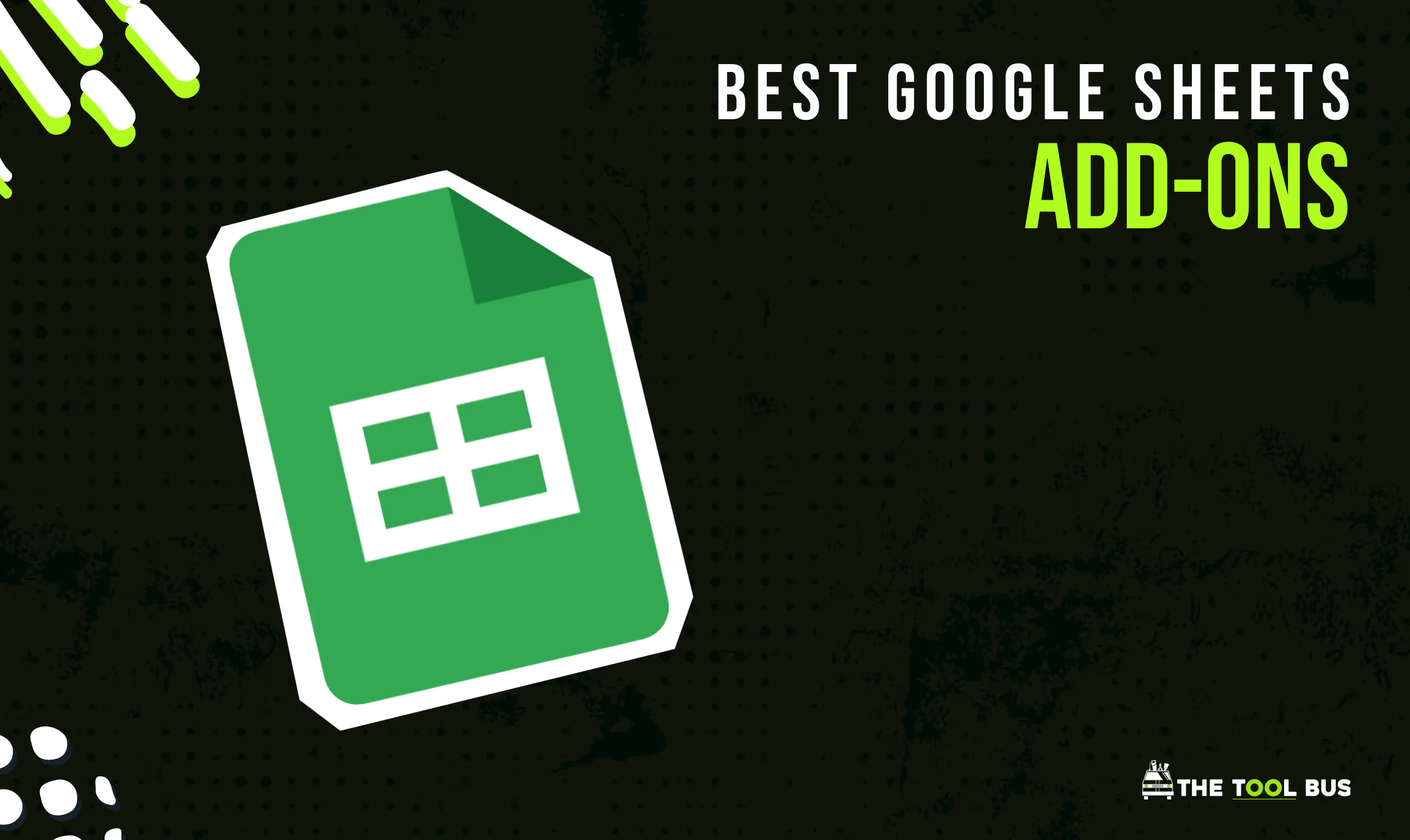Top AI Tools for Coders in 2024

The realm of software development is continually evolving, with Artificial Intelligence (AI) playing a pivotal role in this transformation. AI tools are reshaping how coding is done, making it more efficient and accessible. Whether it's automating mundane tasks or aiding in complex problem-solving, these tools are invaluable for developers. This article explores the best AI tools for coding in 2024, highlighting their features, best use cases, advantages, and disadvantages.
1. GitHub Copilot
Best Use: Code Completion and Generation
- Features: AI pair programmer, suggests code snippets, and entire functions.
- Advantages: Increases coding efficiency, great for learning new coding languages or frameworks.
- Disadvantages: May generate code that requires debugging or is not perfectly optimized.
2. Tabnine
Best Use: Code Completion
- Features: AI-powered code autocomplete tool, integrates with multiple IDEs.
- Advantages: Supports a wide range of programming languages, learns from personal codebase.
- Disadvantages: The free version has limited capabilities compared to the pro version.
3. DeepCode
Best Use: Code Review and Analysis
- Features: AI-powered code review tool that identifies bugs and offers suggestions.
- Advantages: Improves code quality and detects potential issues early.
- Disadvantages: May not interpret the context of code perfectly, leading to false positives.
4. Codota
Best Use: AI Assistant for Coding
- Features: Code completion, predicts next code segments.
- Advantages: Helps write code faster and learn best practices.
- Disadvantages: Limited support for less popular languages and frameworks.
5. Kite
Best Use: Code Autocomplete and Documentation
- Features: AI-powered autocomplete, provides documentation and examples.
- Advantages: Enhances coding speed, great for Python and JavaScript.
- Disadvantages: Can be resource-intensive on the machine.
6. IntelliCode by Microsoft
Best Use: Code Recommendations
- Features: AI-assisted coding recommendations based on community patterns.
- Advantages: Integrates with Visual Studio, aids in writing more reliable and readable code.
- Disadvantages: Recommendations are limited to common coding patterns and practices.
7. Tensorflow CodeLab
Best Use: Machine Learning and Data Science
- Features: AI and machine learning library with extensive resources.
- Advantages: Highly flexible and powerful for ML projects.
- Disadvantages: Requires a steep learning curve for beginners in machine learning.
8. AI Code
Best Use: Automated Code Generation
- Features: AI-driven tool that generates code from natural language descriptions.
- Advantages: Simplifies the coding process, especially for routine tasks.
- Disadvantages: The output may need significant tweaking for complex tasks.
9. Replika Code Companion
Best Use: Coding Practice and Learning
- Features: Interactive AI tool for learning and practicing coding.
- Advantages: Offers personalized feedback, good for beginners.
- Disadvantages: More suited for learning than professional code development.
10. CodeT5
Best Use: Code Translation and Summarization
- Features: Translates code between different programming languages, summarizes code blocks.
- Advantages: Useful for understanding and translating existing codebases.
- Disadvantages: Translation may not always capture nuanced differences between languages.
Best Picks
- For Everyday Coding and Efficiency: GitHub Copilot and Tabnine offer excellent code completion capabilities.
- For Code Quality Assurance: DeepCode and Codota are ideal for improving code quality and catching potential issues.
- For Learning and Practice: Replika Code Companion is a great tool for beginners looking to enhance their coding skills.
Conclusion
The integration of AI into the coding process is not just about automating tasks; it's about enhancing the creativity and efficiency of developers. These tools offer diverse functionalities, from code completion to learning and quality assurance.
While they provide significant advantages, it's crucial to remember that they are assistants, not replacements, for the human mind. Each tool has its unique strengths and limitations, and the best choice depends on individual needs, whether it's speeding up development, ensuring code quality, or learning new programming languages.
In the rapidly evolving field of software development, staying updated with these AI tools can give developers a significant edge, allowing them to focus on creative problem-solving while leaving the routine aspects to AI.




